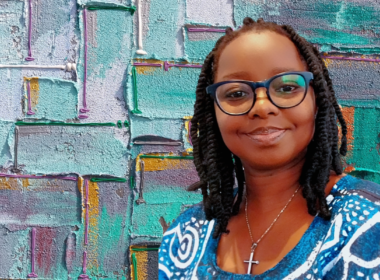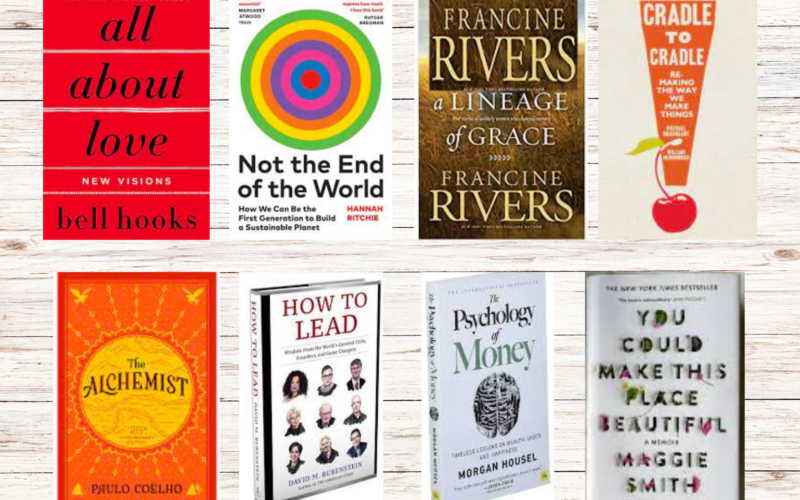Books have always been important to the human race. We owe breakthroughs in science, art, and social sciences to the founding fathers and great minds who first explored certain ideas and were benevolent enough to write down their thoughts and findings on walls, trees, and books. As an ever-evolving species, becoming the best version of oneself ought to be the most important goal for every individual. In books, we find shared knowledge essential for the gradual transformation of ourselves. I dare say that there’s almost nothing as rewarding as gleaning from good books, but transformation sure doesn’t happen over night. It takes time.
Self Transformation
Self-transformation should be at all times geared towards positivity and good. It should be self, seeking the best version it could possibly be. “Change is the only constant thing,” as Heraclitus, the philosopher, observed. Humans are key actors of change, and they are as well one of the reactors to change. It’s a cycle. Just like this, there is no ultimate stage of self-transformation. There’s only a standard with an ever-tilting balance. Call it self-transformation; also, remember that one lives in a society and interacts with people, nature, animals, and non-living things, all at the mercy of change.
Why You Should Read
There are discoveries made in the pages of a book—discoveries about oneself and the environment. “Why You Act the Way You Do” by Tim LaHaye, as the title implies, explains a lot about the behavioural nature of individuals. The mind is actively engaged, and this opens up possibilities to ruminate on ideas and deduce workable solutions to emotional and sociological problems.
So often, the older generation says that the best way to keep things away from the younger generation might be to hide them in pages of books. Well, you can’t blame the younger generation, who now have the option to either see a movie or listen to music. While I don’t totally agree, it does make a good point. Books are the bridges between minds. They cover more than a song album can. It might be impossible to schedule a meeting or a class with a certain expert, but I sure can read their books.
Knowledge is power. “You can’t ‘unknow’ what you know, and you’ll never know when it will come in handy. So read about anything and everything.
Fiction or Nonfiction
Is one more important than the other? Fiction allows for a wider sense of imagination, while nonfiction, which includes self-help books, allows for more practicality. Seeing yourself in a character might set off a form of self-awareness and get going a process of self-development. Circumstances, liberation, or burdens of a character—the feeling evoked connects you to the story. It’s equally rewarding to look into the real-life experiences, tested principles, and philosophies of other humans.
For Self
“All About Love: New Visions” by Bell Hooks
“You Could Make This Place Beautiful” by Maggie Smith
Finances
“Think and grow rich” by Napoleon Hill
“The Psychology of Money: Timeless Lessons on Wealth, Greed, and Happiness” by Morgan Houssel
Leadership
“Transformational Leadership” by Bernard Bass
“How to Lead: Wisdom from the World’s Greatest CEOs, Founders, and Game Changers by David Rubestine
How to Talk to Anyone” by Leil Lowdness
Sustainability
“Not the End of the World” by Hannah Ritchie
“Cradle to Cradle: Remaking the Way of Things” by Michael Braungart and William McDonough
Fiction
“Lineage of Grace” by Francine Rivers
“The Alchemist” by Paul Coelho
While the answers in some of these books might not be absolute, they will be a substantial improvement from ground zero—transformation.
More Like This:











